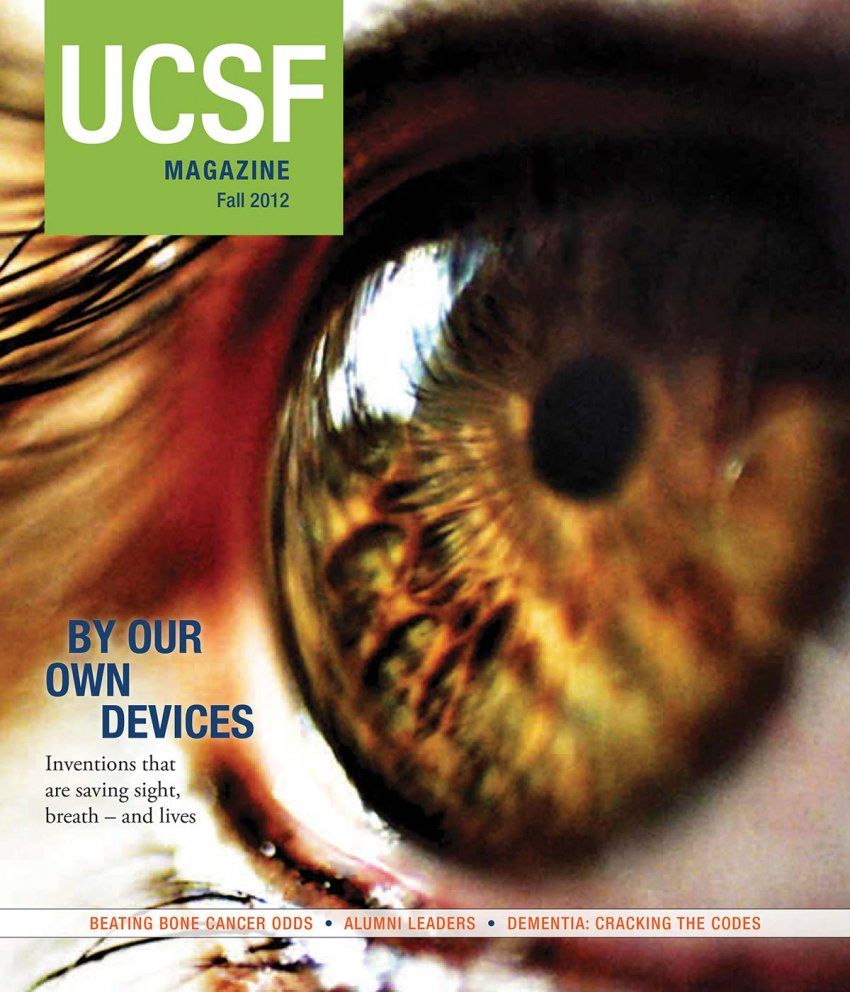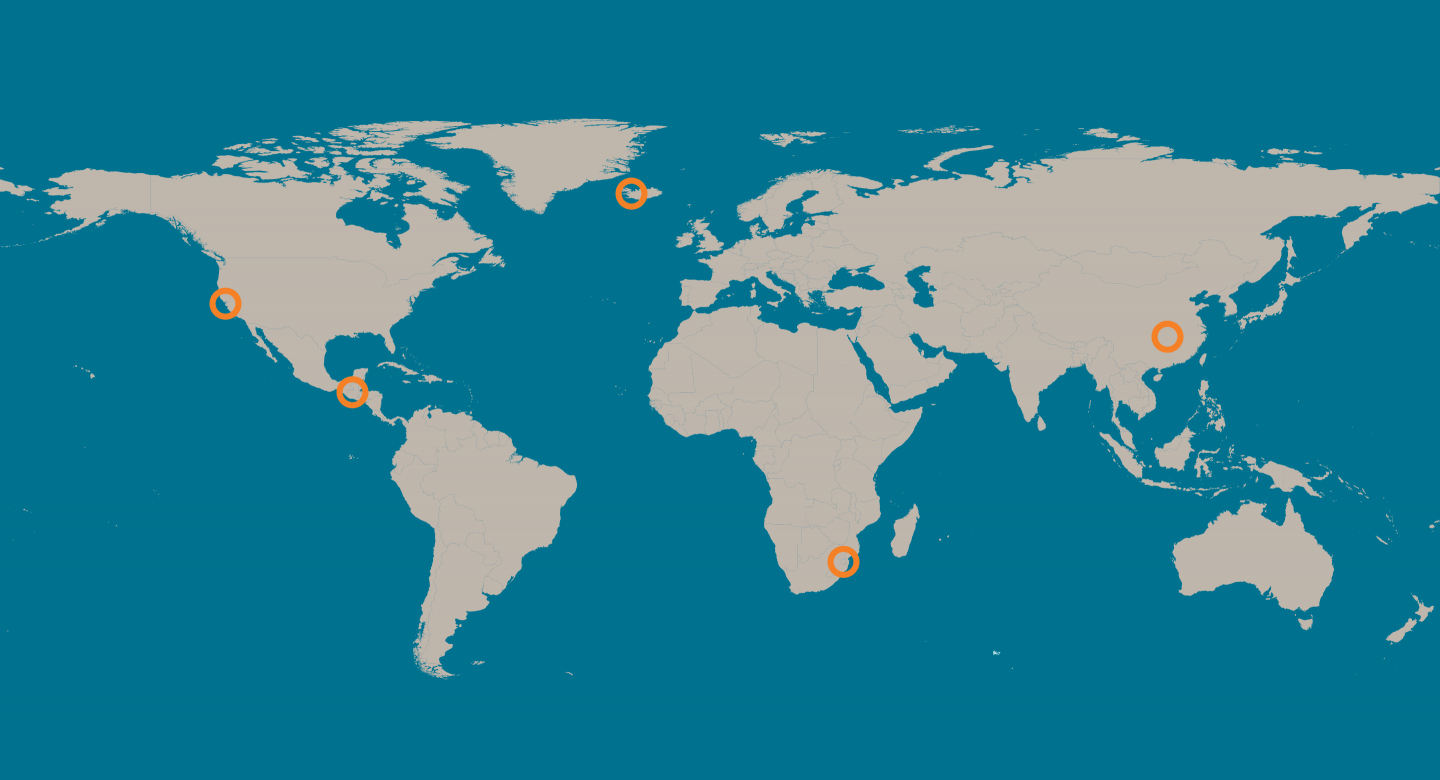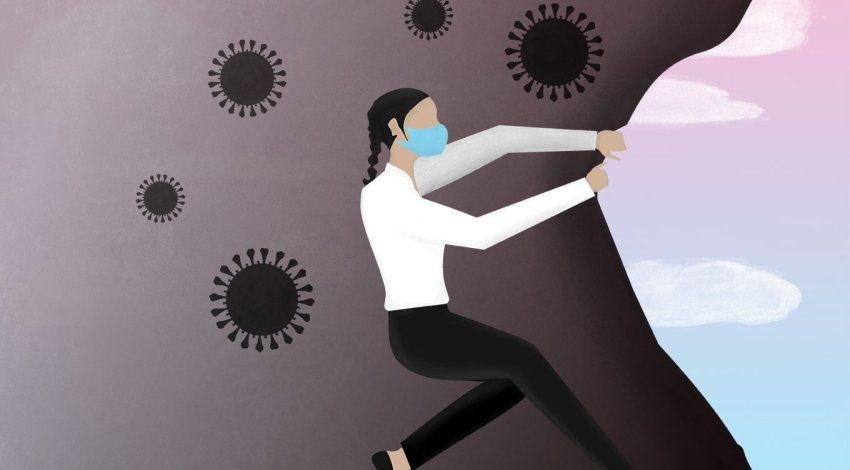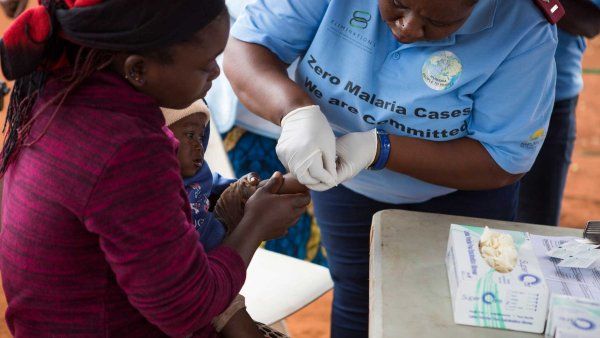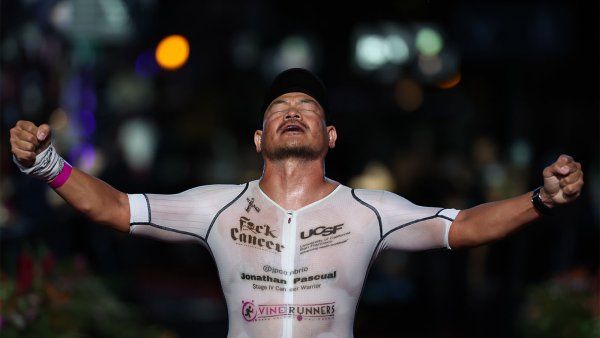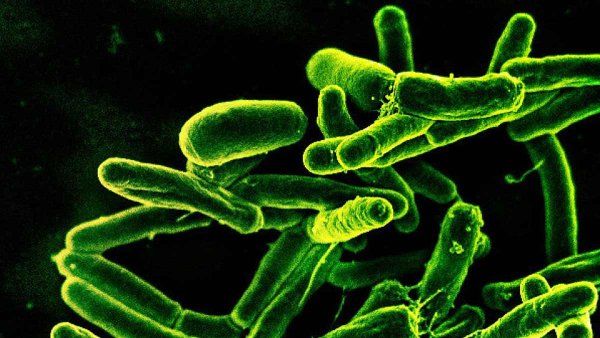
Spin the globe and pick a nation. Chances are you’ll find UCSF faculty, staff, and/or students striving to better the health of those who live there. Some 1,200 are working across the world to uncover root causes of diseases that plague developing countries, offer care where it’s scarce, train fellow health care providers, shape policy, and more.
Helping harness their diverse talents and prodigious output is UCSF Global Health Sciences (GHS). Led by Jaime Sepúlveda, MD, MPH, DrSC, GHS integrates UCSF’s expertise in all of the health, social, and biological sciences to improve outcomes and reduce the burden of disease in the world’s most vulnerable populations – whether in the heart of San Francisco or the far reaches of Asia.
We spun the globe ourselves – and here are just a few of the many UCSF projects underway.
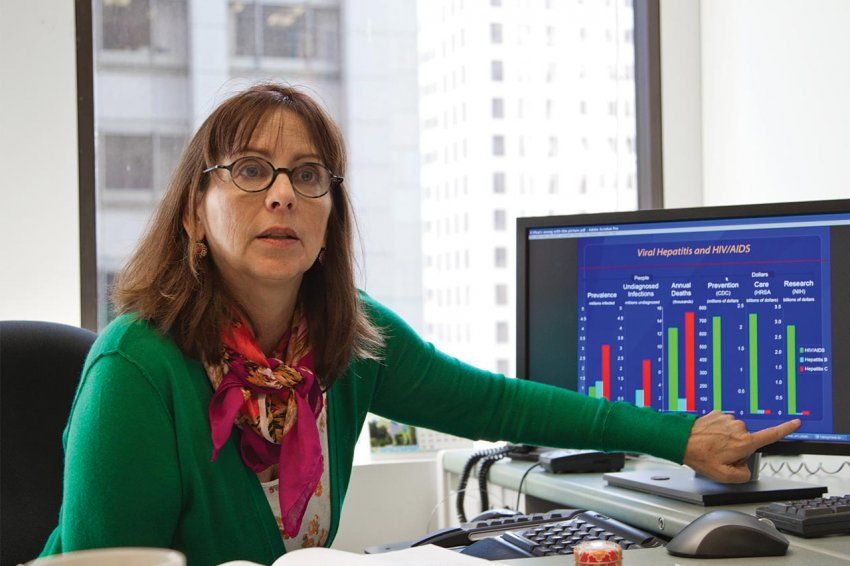
San Francisco | Facing a Viral Foe
Hepatitis C is endemic among young injection drug users – a segment of the population that appears to be growing globally. At the Tenderloin Clinical Research Center, epidemiologist Kimberly Page, MPH, PhD, leads a team that is testing a new vaccine to prevent hepatitis C. The team provides outreach, screening, referrals to mental health and drug treatment programs, and prevention counseling for the clinic’s patients. Patients who test positive for the virus are referred for medical follow-up. With funding from the US Centers for Disease Control and Prevention, Page is developing guidelines so that other cities can adopt the center’s model of outreach and care for young adults who inject or are at risk of injecting drugs.

Iceland | Learning Genetic Secrets of Longevity
Iceland is the site of AGES-Reykjavik, one of the world’s most extensive epidemiological studies. Short for “Age, Gene/Environment Susceptibility-Reykjavik Study,” AGES-Reykjavik was designed to examine risk factors, including genetic susceptibility and gene/environment interaction, in relation to disease and disability in old age. A partner in the effort, the National Institute on Aging, recruited UCSF imaging expert Thomas Lang, PhD, to help design the study’s musculoskeletal imaging component. Lang developed the software that enabled the researchers to read and analyze complex CT images of the 5,500 participants, and the repeat images, some years later.

CHINA | Caring for Kids
In China, one in 350 children is born with a cleft lip and palate. Orthodontist Karin Vargervik, DDS, has helped to develop three treatment centers and is staking out a fourth. Working with Alliance for Smiles, a San Francisco volunteer organization, she is applying UCSF’s comprehensive, team-based approach, involving primarily surgeons, speech pathologists, dentists, and orthodontists. Over the course of her seven-year involvement with Alliance for Smiles, Vargervik has facilitated the training of Chinese professionals, at times on the UCSF campus, and ensured the treatment of hundreds of Chinese children – free of charge.

Guatemala | Fighting a Global Killer
Biomass cooking stoves are nearly ubiquitous in rural Guatemala and common in much of the developing world. Nurse and environmental scientist Lisa Thompson, RN, FNP, PhD, helped conduct the first randomized intervention study of the effects of exposure to household air pollution (HAP) generated by these stoves on childhood pneumonia. She is now examining how HAP impacts birth outcomes and child neurodevelopment, and has trained traditional Guatemalan birth attendants to help gather data
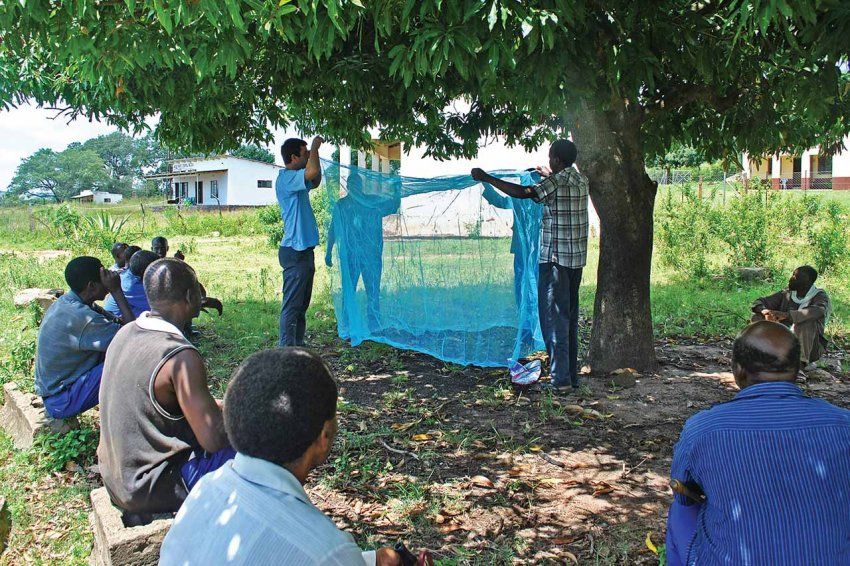
Swaziland | Eliminating Malaria
Based on its recent success in controlling the spread of malaria, the government of Swaziland shifted its strategy from controlling to eliminating the disease by 2015. They turned to the Global Health Group – part of UCSF Global Health Sciences – led by Sir Richard Feachem, PhD, DSc(Med). With assistance from the Global Health Group’s Malaria Elimination Initiative and partners at the Clinton Health Access Initiative, Swaziland has launched a sophisticated malaria elimination campaign that combines high-tech tools like GPS mapping and a mobile-phone reporting system with the in-person work of active case detection.
Photos: SF–Susan Merrell; Iceland–Thomas Lang; China–Alliance for Smiles; Guatemala–Lisa Thompson; Swaziland–Harmonie Adams
